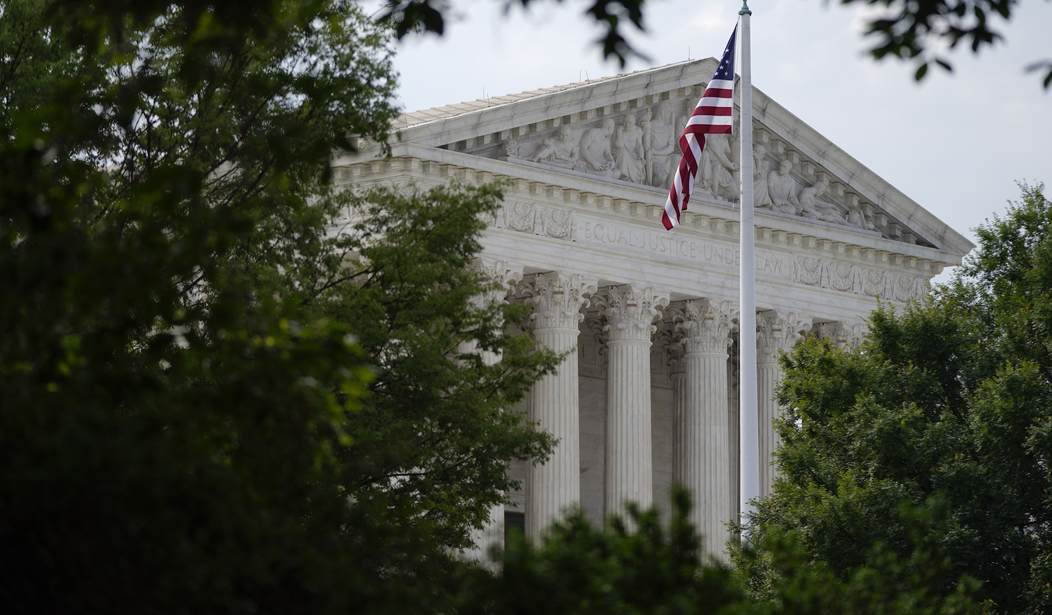The genius of America may be that it has built "the fall of Rome" into its very makeup: it is very consciously a constant work in progress, designed to accommodate and build on revolutionary change. — Cullen Murphy
The idea that America is a late-stage empire is increasingly discussed among historians and political analysts. This stage is characterized by several critical issues that undermine its stability and future prosperity, including overexpansion, crippling debt, cultural decadence, a lack of education, and a powerful elite that divides the populace. The question then arises: How can America reverse this decline and return to the values of a mighty republic? The steps I've shared below outline a potential path forward for you to consider.
America's global military presence is vast and costly, with the U.S. maintaining hundreds of military bases worldwide and involving itself in numerous international conflicts. This extensive reach strains resources and diverts attention from domestic issues that require urgent attention. The United States' national debt has ballooned to unprecedented levels, reaching over $30 trillion. This massive debt burden significantly strains the economy and future generations. Interest payments alone consume a large portion of the federal budget, limiting the ability to invest in critical infrastructure and social programs.
First, reducing overseas military commitments is essential in that it would allow the United States to reallocate resources toward domestic priorities. A more restrained foreign policy could also lead to a more stable international environment and reduce anti-American sentiment. Addressing the national debt requires a combination of spending cuts and revenue increases. Comprehensive tax reform will ensure that the wealthy and corporations pay their fair share and that prudent budget management can help reduce the debt burden over time.
Recommended
American culture has seen a decline in values that once united its citizens, with an increasing focus on consumerism, entertainment, and instant gratification detracting from community engagement and civic responsibility. This decadence manifests in various forms, from glorifying celebrity culture to erasing traditional family values. The American education system must equip students with the necessary skills and knowledge to thrive in a competitive global economy. Many schools are underfunded, teachers are underpaid, and the politically driven curriculum needs to be updated. This educational deficit creates a workforce ill-prepared for the challenges of the modern world and exacerbates economic inequality.
Revitalizing American culture involves promoting community, responsibility, and long-term thinking for a virtuous life. Encouraging civic engagement, supporting the arts and humanities, and being open to faith in the public square to foster a national purpose can help counteract cultural malaise. Investing in classic education is critical for the nation's future, including modernizing the curriculum to meet the demands of the 21st century, increasing funding for schools, and ensuring that teachers are well-compensated and respected. Education reform can help close the skills gap and promote social mobility to fill a growing job market. Campaign finance reform and stricter regulations on lobbying must reduce the influence of the wealthy elite in politics. Creating a more transparent and accountable political system can help restore trust in government and empower ordinary citizens.
Finally, a small, wealthy elite wields disproportionate influence over American politics and society, using its power to manipulate public opinion and maintain its status, often by pitting different segments of society against each other. This divide-and-conquer strategy distracts from systemic issues and prevents meaningful reform. The American elite has created a situation where the dollar is weakened, and the economy is struggling under unsustainable debt. They have maintained their power by sowing division among the American people, preventing a united front.
Reversing the decline of a late-stage empire and returning to a republic that embodies the values of justice, equality, and prosperity is a formidable challenge. It requires a concerted effort from all segments of society to address the systemic issues that have led to the current state. By reevaluating military commitments, adopting fiscal responsibility, fostering cultural renewal, reforming education, and reducing elite influence, America can reclaim its position as a disentangled republic that truly serves its people.
You can learn more about Robert Orlando's books and films from his bio or his website.
























Join the conversation as a VIP Member